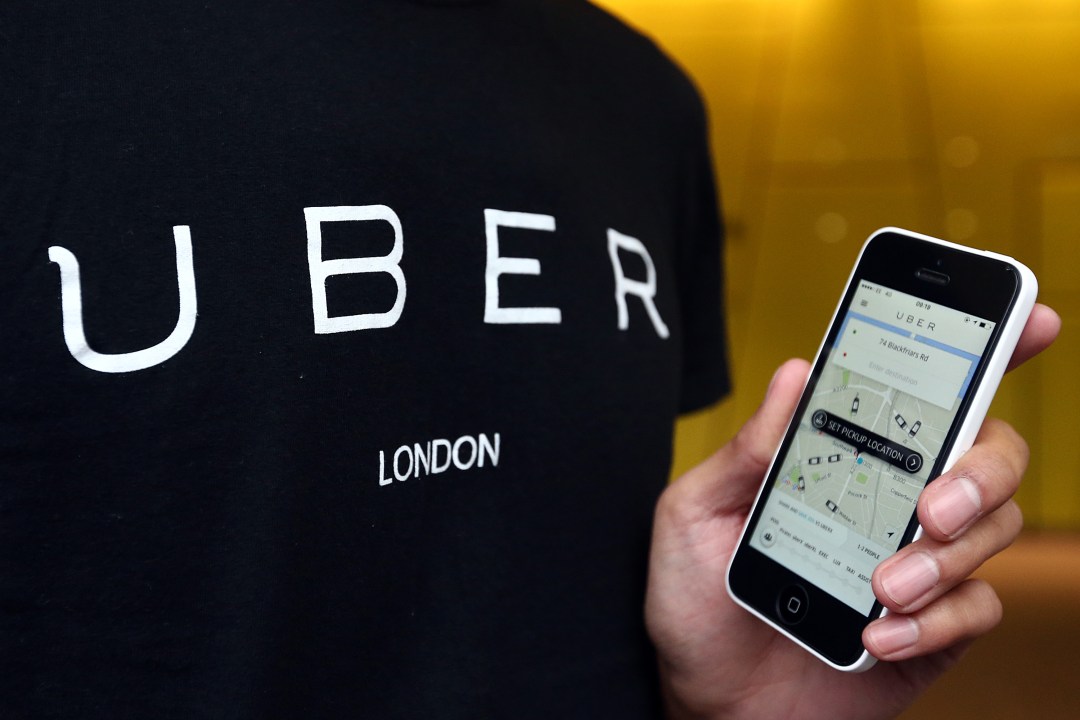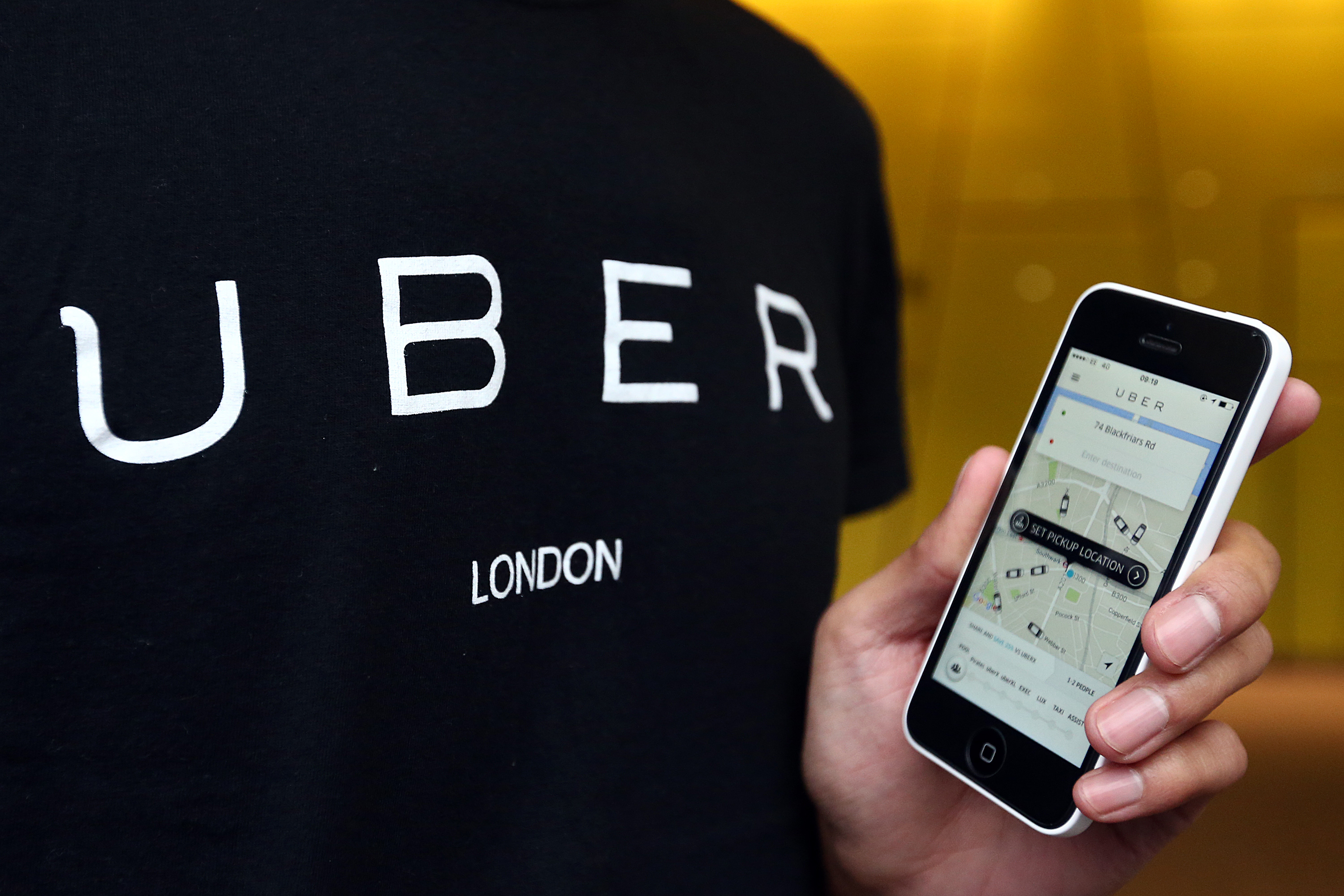Transport for London doesn’t like Uber. It doesn’t like the innovations the app has created in transport; it doesn’t like how competitive platforms like Uber have become with black cabs; and it doesn’t like that customers have completely embraced the service.
That’s why they’ve effectively banned the app – again.
This morning TfL ruled that it will not be expanding Uber’s licence, because it claims the platform does not meet the ‘fit and proper’ requirements to be a private hire operator, nor has it done enough to address rider safety over the past few years (TfL refused to renew Uber’s licence back in September 2017 as well, but a court challenge managed to get it extended for an additional fifteen months).
But something about TfL’s safety criticisms doesn’t quite add up.
A flaw found in Uber’s system – which allows unauthorised drivers to upload photos to the accounts of authorised drivers – seems to be the basis of the ban this time around. This is a concerning area of oversight which Uber need to address. Like any blossoming technology, it’s far from perfect.
But the ride-sharing platform has improved leaps and bounds since the 2017 showdown, bringing in a host of safety regulations, many of which go above and beyond what is required for private hire operators.
Uber passengers have their own emergency line through the app if something starts to go wrong, and unlike booking through other private hire companies, the Uber app no longer reveals your full drop off or pick up address. The specifics of your home address or friend’s address is always private.
Furthermore, Uber worked directly with the Metropolitan police last year to create a proactive reporting process for crime, which was then adopted by TfL for their guidance months later. Uber isn’t trailing other groups in driver and customer safety; arguably it’s leading the way.
And of course, if TfL were seriously concerned about drivers’ activity towards customers, they might turn inward and reflect on their own processes. After all, all drivers on the Uber app must go through an enhanced DBS background check and hold a valid private hire licence – distributed by TfL.
At the heart of TfL’s effective ban is not a concern for customers, but a concern for its own black cab industry, which has come under pressure from the competition surge in the transport market.
Just like the last ban, this is being driven by a protectionist mentality, which throws customers and drivers under a (London) bus.
Over 45,000 licenced drivers use the Uber app, collectively carrying over 3.5 million regular users throughout the city. Those drivers are often members of the immigrant community or ethnic minority groups who are having their income threatened by a regulator which is protecting a cabbie industry (which is notably absent of ethnic minority drivers).
Meanwhile, many of the customers this ban will impact are not in a position to transfer their Uber rides (or other app-based rides) to black cab rides. For many, the latter is prohibitively expensive. The rise of Uber was not another option for their travels, but indeed the only way they could afford to take a car from point A to point B.
And for plenty of ride-sharing app users, Uber’s offer is far safer than a black cab – it removes the need to wait outside on the curb late at night for your ride and you can share your location and journey with family and friends.
There are no two ways about it – the result of TfL pointing for the most protectionist approach possible – i.e. banning a major mode of transport – will have a dramatic impact on many Londoners’ standards of living
This ban is an act of pure cowardice – a cynical move dressed up in concern, designed to stitch up the market for cabbies, at the expense of thousands of drivers who use the app for work, and countless customers who can’t afford black cabs.
Hopefully, like last time, this ruling will be reconsidered, for the sake of London’s tens of thousands of drivers and millions of customers alike.
Kate Andrews is associate director at the Institute of Economic Affairs








Comments